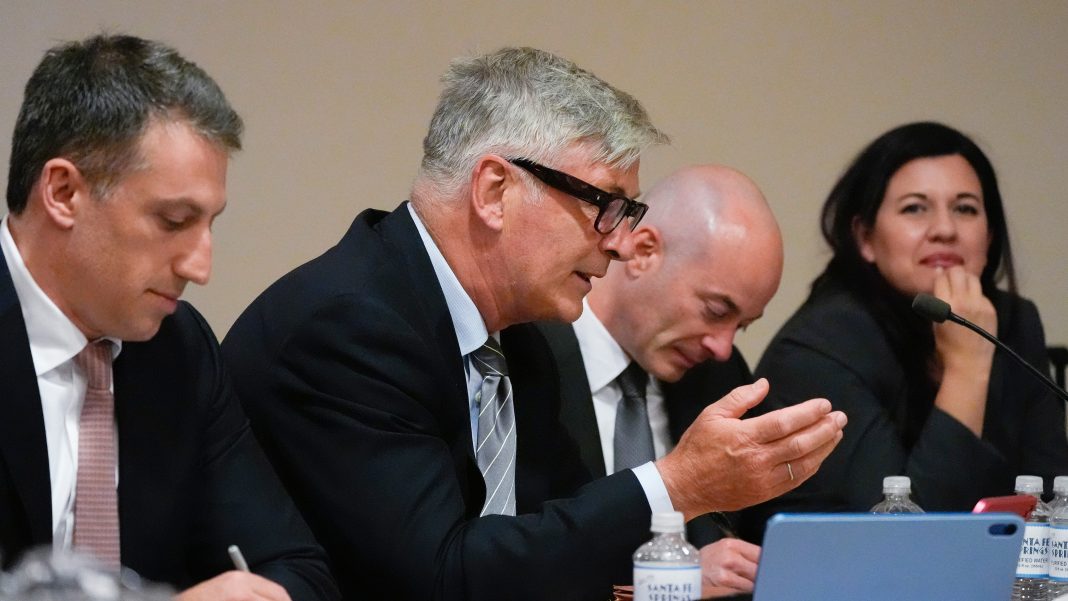 The Great Depression of the 1930s is often attributed to the failure of the Federal Reserve System to pump enough reserves into the banking system. However, renowned monetarist Milton Friedman argued that this narrative is flawed. According to Friedman, the decline in the money stock was a consequence of the collapse in economic growth, rather than the cause of it. He pointed out that economic growth does not rely on monetary expansion, but rather on the pool of real savings.
The Great Depression of the 1930s is often attributed to the failure of the Federal Reserve System to pump enough reserves into the banking system. However, renowned monetarist Milton Friedman argued that this narrative is flawed. According to Friedman, the decline in the money stock was a consequence of the collapse in economic growth, rather than the cause of it. He pointed out that economic growth does not rely on monetary expansion, but rather on the pool of real savings.
Money, in and of itself, is unproductive. Its main function is to serve as a medium of exchange, facilitating the flow of goods and services. In a free market, there can never be a shortage or excess of money as long as the market is allowed to clear. The quantity of money available in the economy is always sufficient to meet the needs of economic activity.
The decline in the pool of real savings, caused by loose monetary policies, is what actually led to the economic depression of the 1930s. The Federal Reserve had been pursuing an easy monetary policy in an attempt to revive the economy. This is evident from the significant increase in holdings of U.S. government securities and the decrease in interest rates during that period.
The injection of massive amounts of money into the economy resulted in the diversion of real savings from productive activities to nonproductive ones. This depletion of the pool of savings ultimately led to a decline in economic activity and an increase in bad loans. Banks, in response, curtailed their lending, causing a decline in the money stock.
It is important to note that economic depressions are not caused by a collapse in the money stock, but rather by a shrinking pool of real savings. Even if the central bank were successful in preventing a decline in the money stock, it would not be able to prevent an economic depression if the pool of real savings is declining. Economic recoveries can only occur when there is an expanding pool of real savings that supports and enhances the infrastructure needed for increased production.
In conclusion, it is the depletion of the pool of real savings, brought about by loose monetary policies, that is the true cause of economic depressions. Contrary to popular belief, a decline in the money stock is a result of this depletion, rather than the cause. A tighter monetary stance can only prevent an economic depression if it stops the decline in the pool of real savings.

